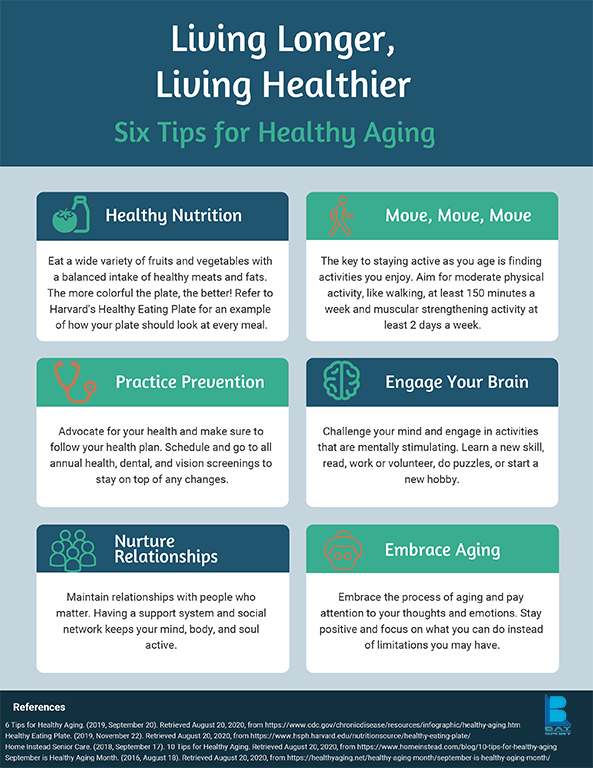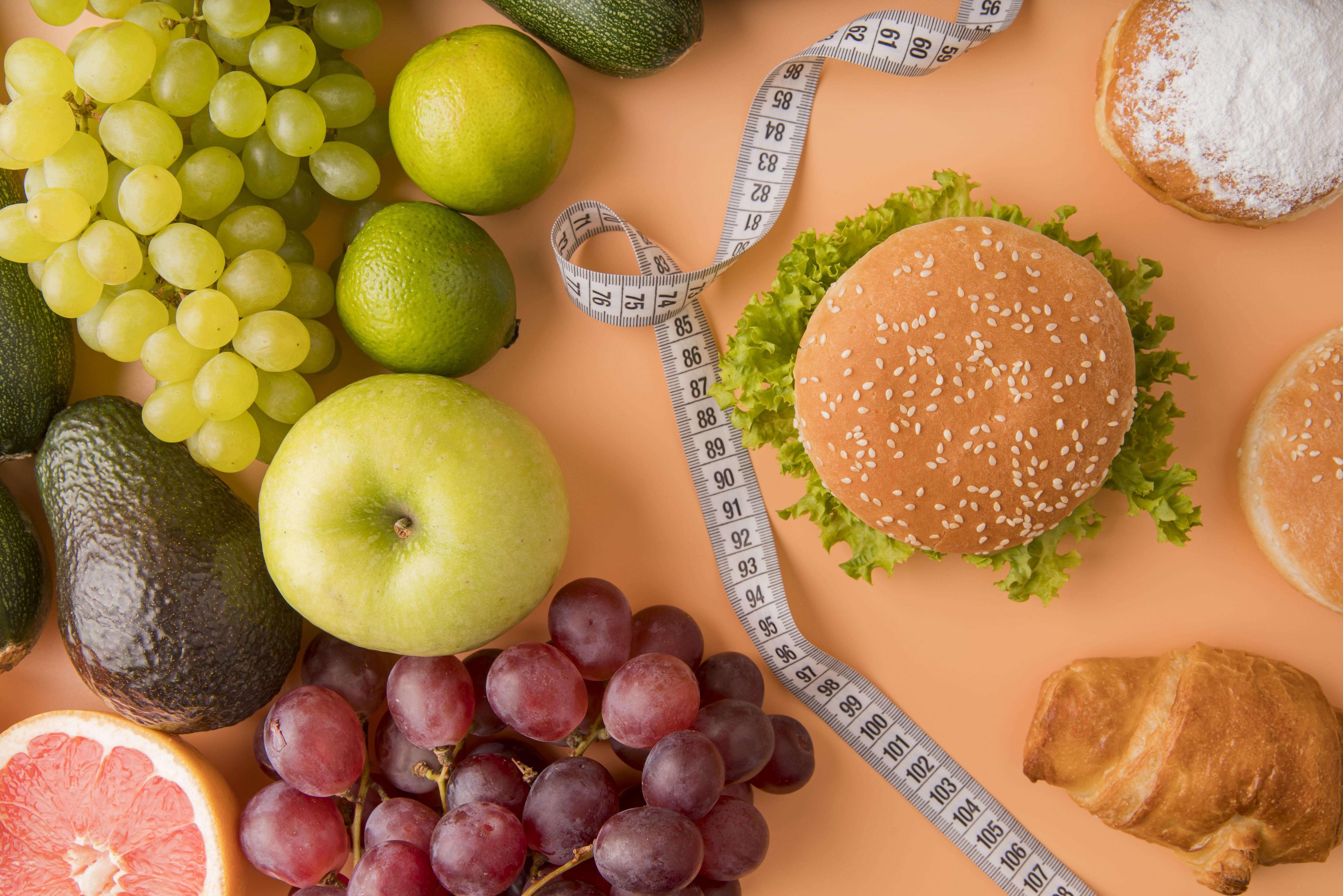
Your doctor might have provided specific recommendations on which foods to avoid. There are still things you can do in order to keep high blood pressure at bay. Reduce your intake of processed foods and fatty meats. Also, keep a record of all medications. It will also help you to avoid forgetting to take them. You should always have a list with all of your medicines on hand so you are able to quickly refer to it.
Dr. Desai encourages people with high blood-pressure to get as much exercise and as many as possible. You have many options: running, swimming or using an elliptical. Salt is the greatest enemy of high bloodpressure. Salt is a major cause of high blood pressure. It increases the volume and pressure of the blood vessels. So, it's best to avoid eating foods containing too much salt.

It is important to eat healthy food. A healthy diet includes plenty of fruits, vegetables, low in saturated fat, and high levels of fiber. You can also take vitamins, minerals and whey proteins to lower your blood pressure. And finally, you should try to reduce your intake of sugary beverages and alcohol. By avoiding these foods, you'll be able to lower your risks of high blood pressure.
Third, cut back on salt and saturated oil. Salt is a major component of processed foods, which are often high-sodium and high-in sugar. You should eat more fruits and vegetables. This will help lower your blood pressure. You can also limit the amount of alcohol you consume. High blood pressure is a reason to not drink alcohol. This is especially true if you're over 60 years old and have been drinking heavily for many years.
As long as you're following the above tips, you'll be on the right track towards a healthier heart. These tips will hopefully help you to maintain healthy blood pressure and feel more confident. These tips will be very helpful to you as well as your doctor. Your journey to a healthier lifestyle will begin once you learn how to lower your blood pressure. You'll find the perfect balance and be able enjoy your life to the fullest.

It is important to limit your intake of alcohol. To lower your risk of high cholesterol, you should drink moderately. Avoid salty foods with too much sodium. Low-sodium diets are a great way of maintaining normal blood pressure. You should also reduce the salt content of your daily meals.
FAQ
Why do we need to have a healthy lifestyle?
Having a healthy lifestyle helps us live longer, happier lives. A healthy diet, regular exercise and good sleep habits will prevent the development of diseases such as heart disease, stroke, cancer, diabetes, and Alzheimer's.
A healthy lifestyle helps us cope better when we are faced with everyday stresses. A healthy lifestyle can also help you feel and look younger.
What is the problem?
BMI stands for Body Mass Index, which is a measurement of body fat based on height and weight. This formula calculates BMI.
Weight in kilograms divided with height in meters.
The score is expressed as a number between 0 and 25. A score of 18.5+ indicates that you are overweight. A score higher than 23 indicates that you are obese.
A person who weighs 100 kilograms and is 1.75m tall will have an BMI of 22.
What is the difference in a virus and bacteria?
A virus can be described as a microscopic organism that cannot reproduce in another cell. A bacterium is an organism that splits itself in two. Viruses have a very small size (about 20 nanometers), while bacteria is larger (up to one micron).
Viruses can be spread by contact with bodily fluids containing infected substances, such as saliva, urine and semen. Bacteria can easily be spread from direct contact to contaminated surfaces and objects.
Viral infections can also be introduced to our bodies by a variety of cuts, scrapes or bites. They can also enter the body through the mouth, nose, eyes and ears, vaginal, rectum or anus.
Bacteria may enter our bodies through cuts and scrapes on our skin, burns, insect bites, and other wounds. They may also come into our bodies through food, water, air, soil, dust, or animals.
Both bacteria and viruses cause illness. However, viruses cannot reproduce within their hosts. They infect only living cells, causing illness.
Bacteria can cause illness by multiplying in the body. They can also invade other parts of your body. That's why we need antibiotics to kill them.
What can I do to lower my blood pressure?
It is important to first understand what high blood pressure is. Next, you will need to determine what is causing high blood pressure. These could include taking medication, eating less salt and losing weight.
Also, make sure to get enough exercise. If you don’t have enough time to exercise regularly, consider walking more often.
You should join a gym if you are unhappy with your exercise routine. You will likely want to join an exercise group that shares your goals. It's much easier to follow a routine if someone is with you at the gym.
How do I get enough vitamins for my body?
You can obtain most of your daily requirement through diet alone. Supplements can be helpful if you are lacking in any one vitamin. You can purchase a multivitamin that includes all of the vitamins you need. Or you can buy individual vitamins from your local drugstore.
Talk to your doctor if you have concerns about your nutritional intake. Some examples of rich sources of vitamins E and K include dark green leafy vegetables, such as spinach.
Ask your doctor if you're not sure how many vitamins you should take. He or she will recommend the appropriate dosage based on your medical history and current health status.
How does an antibiotic work?
Antibiotics are drugs that destroy harmful bacteria. Antibiotics can be used to treat bacterial infection. There are many options for antibiotics. Some can be taken orally while others are injected. Others are topically applied.
Many people who have been exposed can be prescribed antibiotics. An oral antibiotic might be prescribed to someone who has been exposed to chicken pox. This will prevent the spread of shingles. An injection of penicillin may be necessary to prevent pneumonia if someone has strep.
Children should not be given antibiotics without the consent of a doctor. Children are at greater risk than adults for developing serious side effects from taking antibiotics.
Diarrhea is one of the most common side effects of antibiotics. Side effects of antibiotics include diarrhea, stomach cramps and nausea. These side effects are usually gone once the treatment is complete.
Statistics
- WHO recommends consuming less than 5% of total energy intake for additional health benefits. (who.int)
- According to the 2020 Dietary Guidelines for Americans, a balanced diet high in fruits and vegetables, lean protein, low-fat dairy and whole grains is needed for optimal energy. (mayoclinichealthsystem.org)
- The Dietary Guidelines for Americans recommend keeping added sugar intake below 10% of your daily calorie intake, while the World Health Organization recommends slashing added sugars to 5% or less of your daily calories for optimal health (59Trusted (healthline.com)
- WHO recommends reducing saturated fats to less than 10% of total energy intake; reducing trans-fats to less than 1% of total energy intake; and replacing both saturated fats and trans-fats to unsaturated fats. (who.int)
External Links
How To
27 steps to a healthy lifestyle if your family only eats junk food
The most common way to eat healthy is to cook at home. But, it can be hard to make healthy meals because many people don't know how. This article will help you make healthier choices while dining out.
-
Look for restaurants that offer healthy choices.
-
Before ordering meat dishes, order salads and other vegetables.
-
Ask for sauces without added sugar.
-
Avoid fried items
-
Ask for grilled meats, not fried.
-
Don't order dessert unless your really need it.
-
It is important to have something more after dinner.
-
You should eat slowly and chew well.
-
Get plenty of water when you eat.
-
Don't skip breakfast and lunch.
-
Fruits and vegetables are a great addition to every meal.
-
Drink milk rather than soda.
-
Try to avoid sugary drinks.
-
Reduce the salt content of your diet.
-
Limit the amount of time you eat at fast food restaurants.
-
Ask someone to join if temptation is too much.
-
Don't let your children watch too much TV.
-
During meals, turn off the TV.
-
Drink no energy drinks
-
Take frequent breaks from your job.
-
Get up early in the morning and exercise.
-
Exercise everyday.
-
Start small, and work your way up.
-
Set realistic goals.
-
Be patient.
-
You can exercise even when you don't feel like doing it.
-
Positive thinking is important.